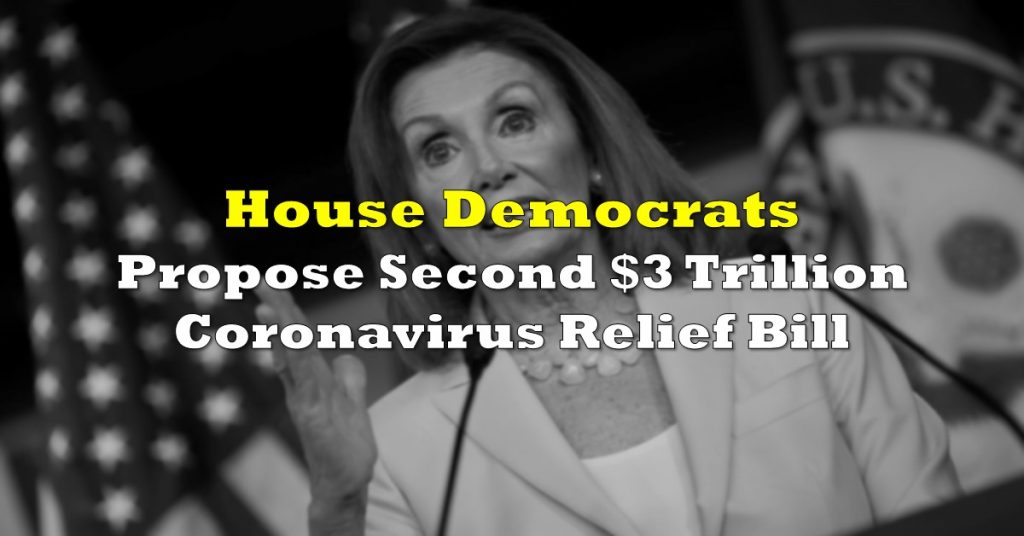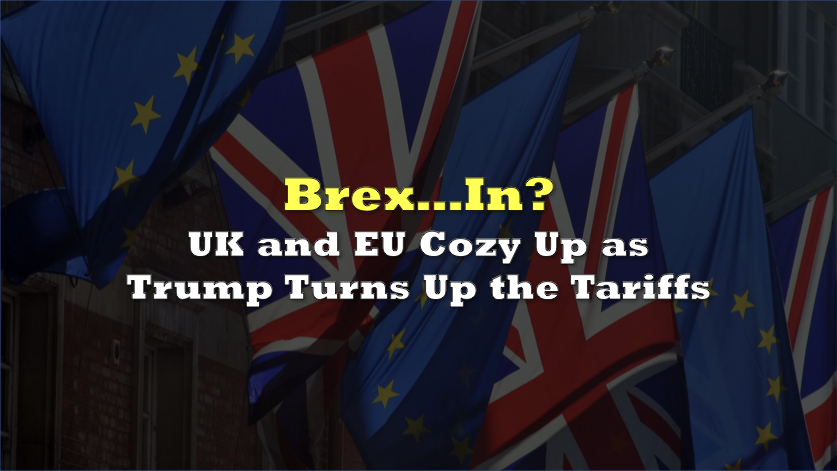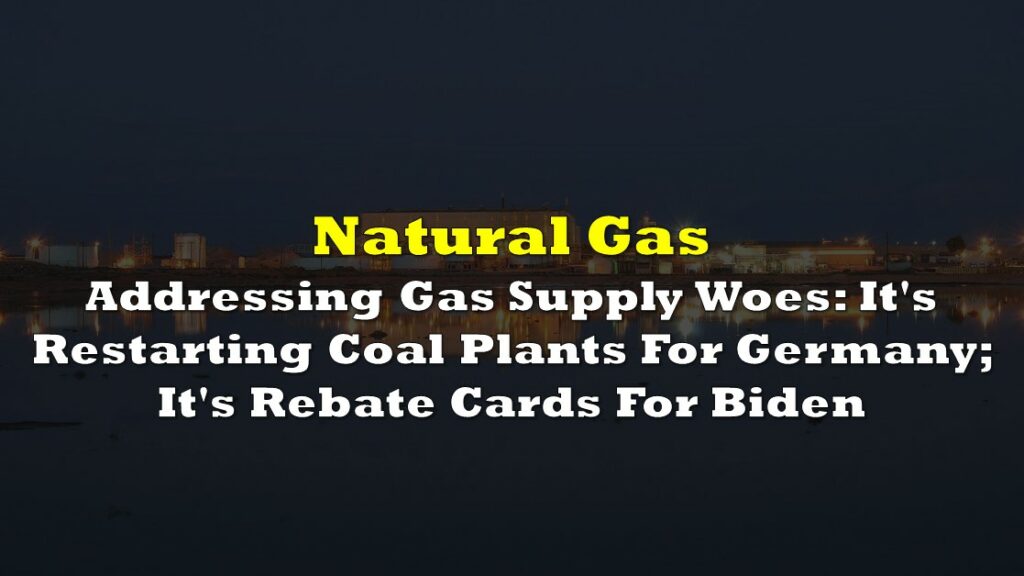As many countries across Europe continue to struggle economically amid rising coronavirus cases and resulting shutdowns, the European Central Bank has decided to expand its pandemic emergency purchase program (PEPP) by extending its duration and funding.
As recent outlooks of a steady economic recovery for the euro area continue to turn bleak, the ECB recently issued a statement noting that it will extend its pandemic emergency purchase program by an additional nine months to the end of March 2022, as well as add another €500 billion to the existing total of €1.35 trillion. The bank noted that these latest measures will allow it to increase its net purchases to coincide with the worsening coronavirus crisis.
The latest move comes amid a surging second wave of coronavirus infections, which have enveloped the euro area and lead to yet another round of lockdown restrictions and social distancing measures. This is turn has hindered any significant economic recovery for the region, and as a result the ECB has decided to escalate its efforts. The PEPP program was initially unveiled back in April, with the goal of keeping borrowing costs down for EU members as a means of shielding them from further economic crisis.
As part of the PEPP, the regulator is allowed to purchase extensive tranches consisting mostly of government bonds as a means of spurring a baseline of demand for government debt. The ECB has noted that it will continue to keep its fiscal policy relatively loose across the region, given the soaring debt burdens in response to the unprecedented government spending needed in order to keep companies and households afloat.
The PEPP has been beneficial to countries such as Spain and Italy, both of which currently have amassed historic levels of debt amid record GDP contractions. As part of the program, highly indebted countries are able to remain in international debt markets in order to borrow more to help fund their emergency government projects.

Information for this briefing was found via the ECB. The author has no securities or affiliations related to this organization. Not a recommendation to buy or sell. Always do additional research and consult a professional before purchasing a security. The author holds no licenses.









